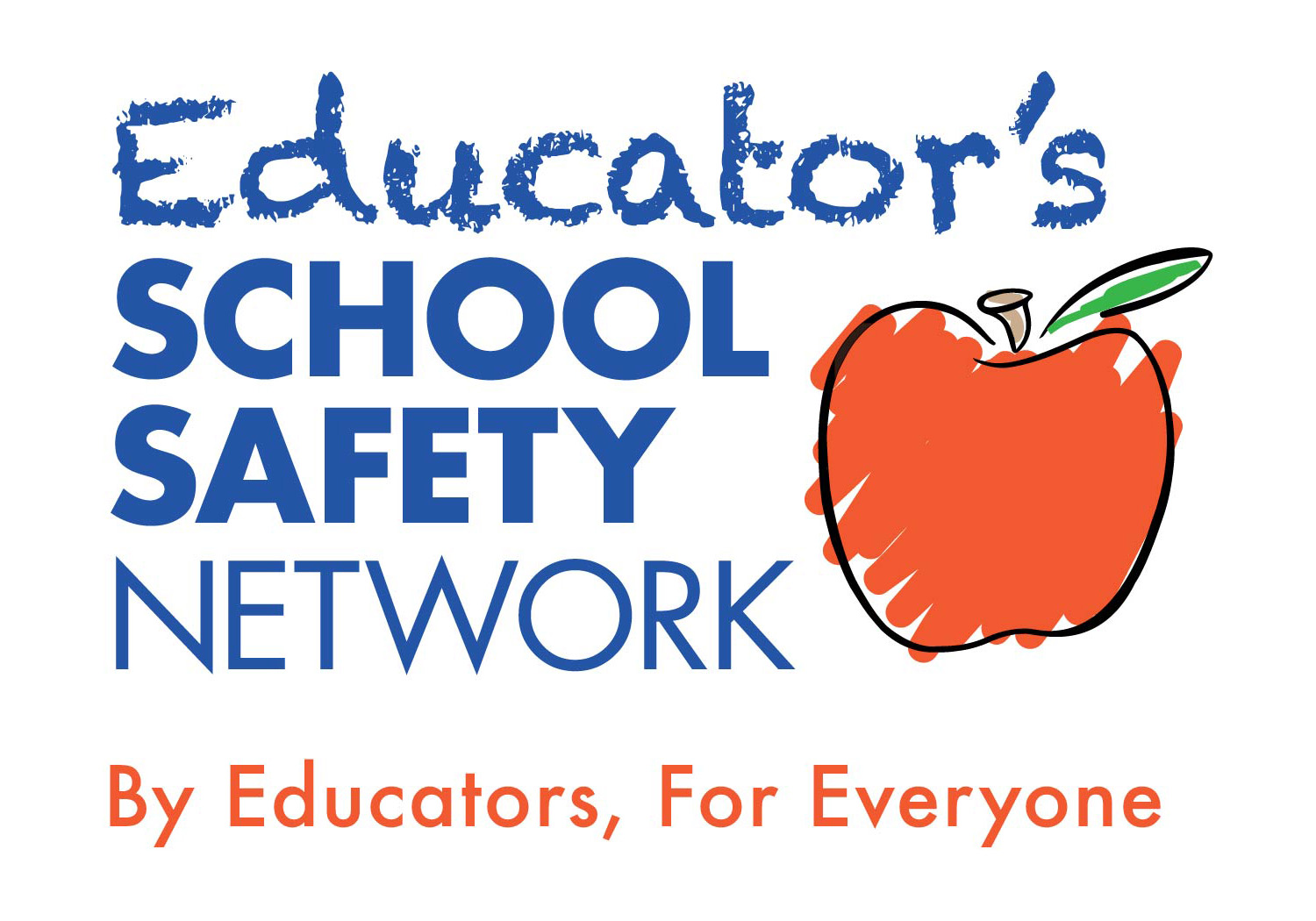School Safety & Professional learning communities
Improving School Climate and Culture PLC
There is extensive research concluding that school climate has a profound impact on students’ mental and physical health. A positive school climate results in decreased absenteeism, lower rates of suspension, greater risk prevention, lower rates of drug use, and better psychological well-being, to name just a few!
How do educators assess the type of culture present in a school and work to improve it to realize these benefits and more? The Professional Learning Community Guide to Improving School Climate and Culture provides everything you need to launch a successful learning community to study, plan, and implement initiatives to improve a school’s climate and culture. The facilitator and participant guides will assist you in studying critical questions about school climate including:
Why is a school’s climate and culture important?
How do I assess the culture of my school?
What are the critical components of a school’s culture?
What can be done to improve the culture of my school?
The climate and culture PLC package includes fillable PDF facilitator and participant guides that you can download and duplicate for each of the group members. The facilitator’s guide assists in the planning and work of the PLC, including scheduling, activities, assessments, and reflections.
Author-led Professional Learning Community Book Study for
Keeping Student Safe Every Day
Get started today-schedule a call.
Don’t have google calendar?
What is a Professional Learning Community?
One great place to start is the work of Richard DuFour, a driving force in the PLC movement. In his article “What is a Professional Learning Community”, DuFour outlines some key characteristics of professional learning communities that should be applied to this specific PLC. They include:
Professional learning communities collaborate to craft a coordinated strategy to address issues that impede student learning, not just those that impact teaching. The goal of the PLC is to ensure that students learn, not just that they are taught.
A professional learning community collaborates to achieve a collective purpose. This collaboration transcends being collegial, reaching consensus, or simply providing oversight, but instead is a systematic process that promotes deep team learning that impacts student achievement.
The effectiveness of a professional learning community is determined by tangible results. Specific, measurable goals are set to improve upon the current level of functioning. The PLC works to achieve those goals, monitoring their progress all the while.


